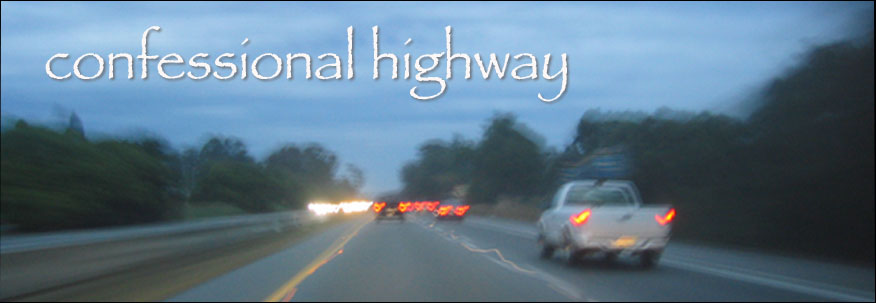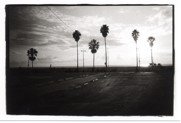You remove all pantry items from the top shelf of Lazy Susan (you drop the article because today it has a personality and is just ‘Lazy Susan’) claiming “I’ll put everything back in a more organized fashion so that I will actually know what keen food options lurk behind closed doors instead of saying to my son, ‘We have no food in the house. Eat something from the freezer or make yourself a peanut butter and jelly sandwich.’” You reach for the Phillip’s head screwdriver and for a minute wonder who Phillip was, or is it Phillips? You loosen the screw and slide Lazy Susan’s upper shelf to the left so that its right angle lines up with the cupboard’s opening right angle. You spin it a few times because you know it has a tendency to migrate to the right.
It stays in place.
You rearrange all food items so that rice offerings – “I really bought two kinds of jasmine rice?” – and boxed Italian sauces – “If its ‘best by’ date was six months ago can I count that as a recommendation rather than a health warning?” – and all those canned things like water chestnuts and canned coconut milk that sounded good at the time but are unlikely to ever get eaten are grouped with their peers. After clearing the counter and nearly applauding the beauty you’ve created in your organization, you give Lazy Susan a spin.
It lines up exactly where it did before the process started, preventing cabinet door closure.
Hell if you’re going to remove everything again. You’ll just sit on the floor and wedge your left hand and arm under the shelf to support it while you loosen the screw with your right hand just a bit to reposition the shelf once again to the left. You face inward so that you can’t see the idiot light flashing behind your back screaming, “Bad idea!” You turn the screw one turn, and whoa, the shelf heavy as can be – you think? – slides down and crushes your left hand and arm. You try to pull it out, but you’re wedged in. You try to lift the shelf saying, “Think like a mother with her child stuck under a car!” only you can’t muster the same rescuing power for yourself as you could for your kid. Your heart starts to race and you realize you’re pinned and your hand is really starting to hurt and the pressure across your forearm is moving towards numbness and you can’t reach the phone and no one would come if you cried out because there is no one.
You close your eyes close to panic. You let out a groan and a yelp for dramatic effect. You pull again. Nothing. Panic builds. You look to your front door as if a fireman is bounding up the building’s stairs to save you, but all is quiet. You breathe fast and then go for a deliberate inhale. You tug hard and fast and glare at the shelf with all the anger and hatred you can access, and your arm comes free. You place it in your lap and see the deep line that adorns the top of the hand. You breathe relief. You’ve set yourself free, but with the freedom of your limb comes the freedom of your tears. You realize how bad it could have been, trapped with no one coming, circulation cut off. You cry with the pain, but mostly with the embarrassment of your actions and the knowledge that there was no one to rescue you from your own stupidity.
You banish the budding tears and wipe away those that escaped onto your face. You stand and yank all items off the Lazy Susan, cursing your inept and uncaring contractor. You adjust the shelf one more time compensating a little extra to the left. You don’t put any food away, thinking, “Now would be a good time to come up with an innovative menu to use all this.”
But you can’t. Not quite yet. So you leave it all strewn about the kitchen as if you’ve just done a major shopping trip to replenish the earthquake kit. You head to the bedroom where you lie down next to your Chihuahua who as much as he would have liked could not have been your Lassie.
And you wonder if you do it all yourself because you were born in the 60s and taught to be self-reliant or if it’s just your personality. You wonder why the thought of calling out for help was as painful as the compressing shelf on your arm. And you think about how there are now courses to teach women to learn to receive, to ask for assistance, to be less self-sufficient because apparently we’ve tipped the scale so far in one direction following the promise of an equal society that we didn’t know we’d passed middle and are doing too much on our own.
So here we are trying to learn how not to prove that we can do it all by ourselves. We struggle with accepting the idea that needing someone is okay because we’ve thought we should want rather than need, that our independence was seductive, that we are our own best helper. And maybe we are, but my self-reliance has turned me into an island. Sitting on the floor, trapped, I both needed and wanted.
addendum: Upon relating tale to teen son, he interrupts and asks, “So you just started taking things off the shelf to liberate yourself?” I paused. You see, when in the midst of panic, you really can get stupid.
Tags:

